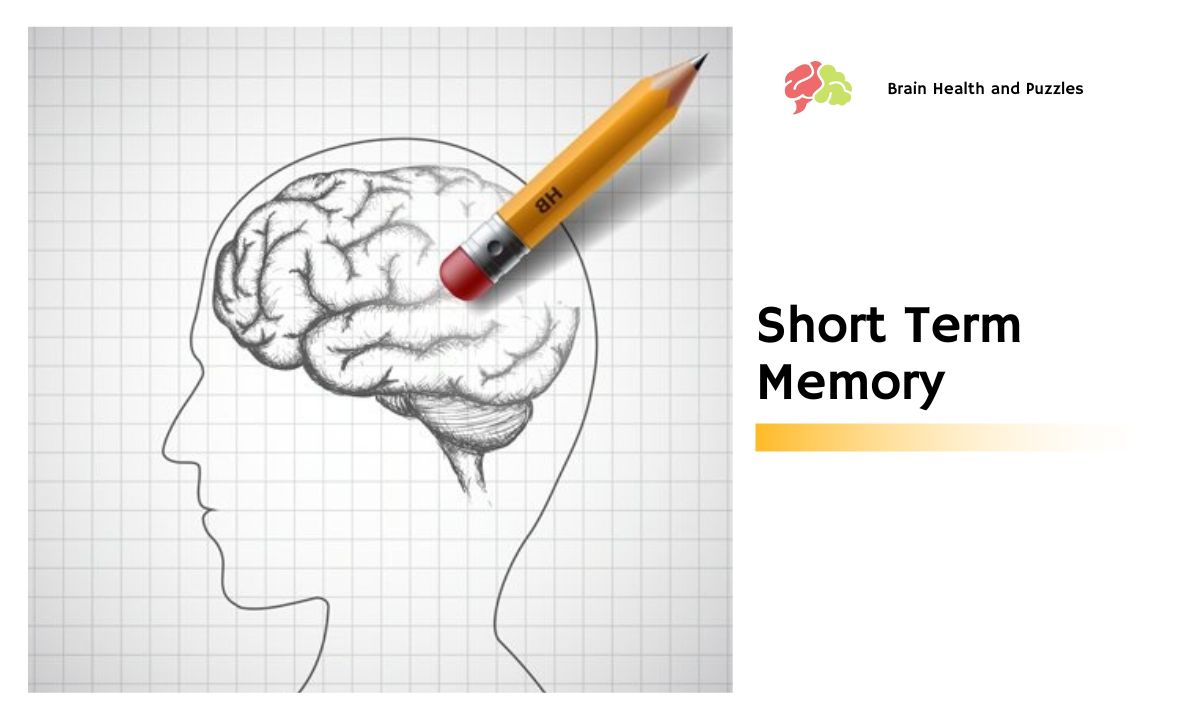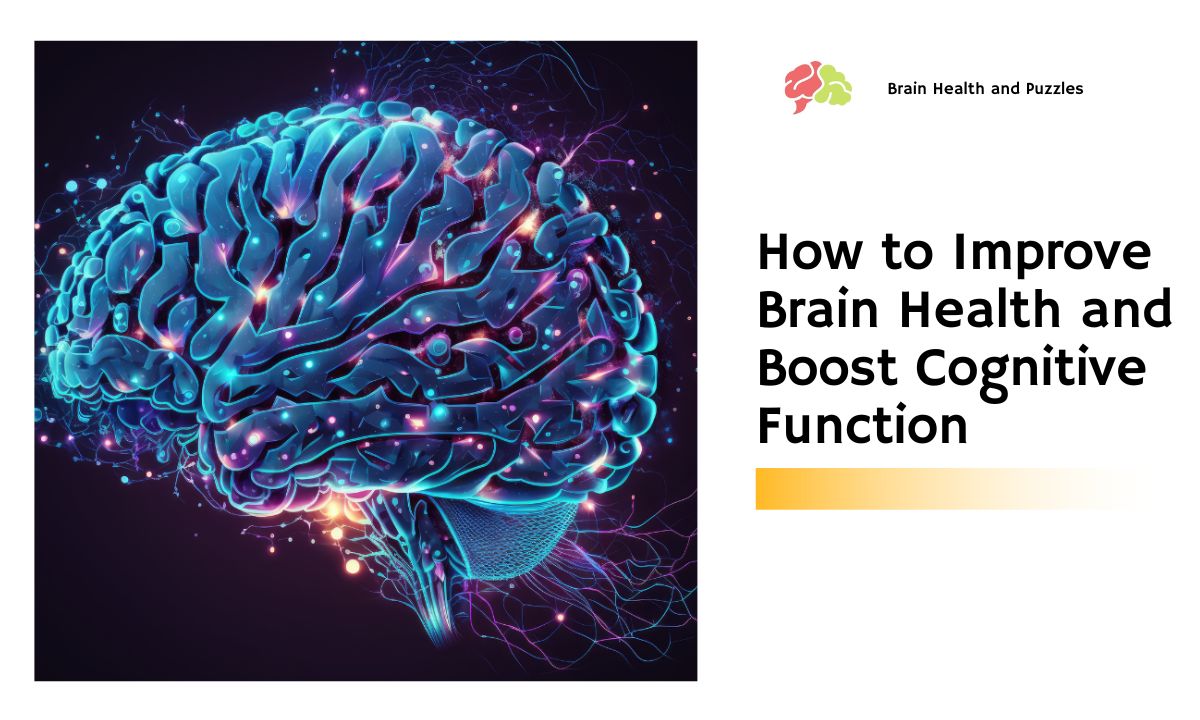Short Term Memory

Jotting Down That Number In Your Brain
We have all repeated a phone number in our heads until we punch it into a phone. We may have even said the number out loud as we mentally carry the digits for a brief period of time. Once we successfully transfer the number to the phone the information, and the memory is gone.
If you have ever stopped to ask for directions, you have used your short-term memory to carry out the sequence of directions. Passing on a message, using a recipe, and finding a specific book in the library are examples of how we use short-term memory every day.
By rehearsing, or saying the numbers to ourselves, we extend the length of time that we can hold the information in our short-term memory. Strictly speaking, short-term memory is defined by the length of time that one can hold a bit of complicated without rehearsing. Short-term memories are held for a matter of seconds.
How Much Short Term Storage?
 The duration of the memory is limited, but also the amount of information that can be stored (and successfully recalled). Humans can store about seven numbers, six letters, or five short words in short-term memory at any one time. Memory for words depends on the length of the words and curiously, the amount of time required to say the word out loud is more important than the number of letters in the word.
The duration of the memory is limited, but also the amount of information that can be stored (and successfully recalled). Humans can store about seven numbers, six letters, or five short words in short-term memory at any one time. Memory for words depends on the length of the words and curiously, the amount of time required to say the word out loud is more important than the number of letters in the word.
These amounts are the average for college students (as this seems to be the groups traditionally studied in psychological experiments) and can vary based on age and individual aptitudes.
Different Approaches
The way that memory is defined and studied varies widely. Neuropsychologists have various theories and definitions to explain different domains of memory, what parts of the brain are used in each domain, and the capacity of each type. The study of memory can get quite complex very quickly; however, some concepts about memory are intuitive and common to the human experience.
For example, we all know that there is some inherent difference between long and short-term memory. I can remember the name of my third-grade teacher but I cannot recall what I had for dinner on the third of last month. There is obviously some difference between the way that we remember some things as opposed to others.
Why we form long-term memories with some information and not others is straightforward in some respects and puzzling in others. Presumably, we place information that is important to us into long-term storage but “erase” that information that is not useful or we do not need to remember.
We were told it was useful to remember our multiplication tables as children so we committed them to long-term memory. Yet the level of importance does not explain how some short-term memories become long-term memories. For example, knowing the number of stairs in The Washington Monument is of absolutely no consequence yet some can regurgitate useless facts such as these at will.
Exercise Your Memory
You can expand the capacity of your short-term memory to a certain degree by using it. Challenge yourself by storing as much information in your short-term memory as you can. Avoid rehearsing as much as possible. Expanding the capacity of your short-term memory it will be ready to serve you when the need arises.



